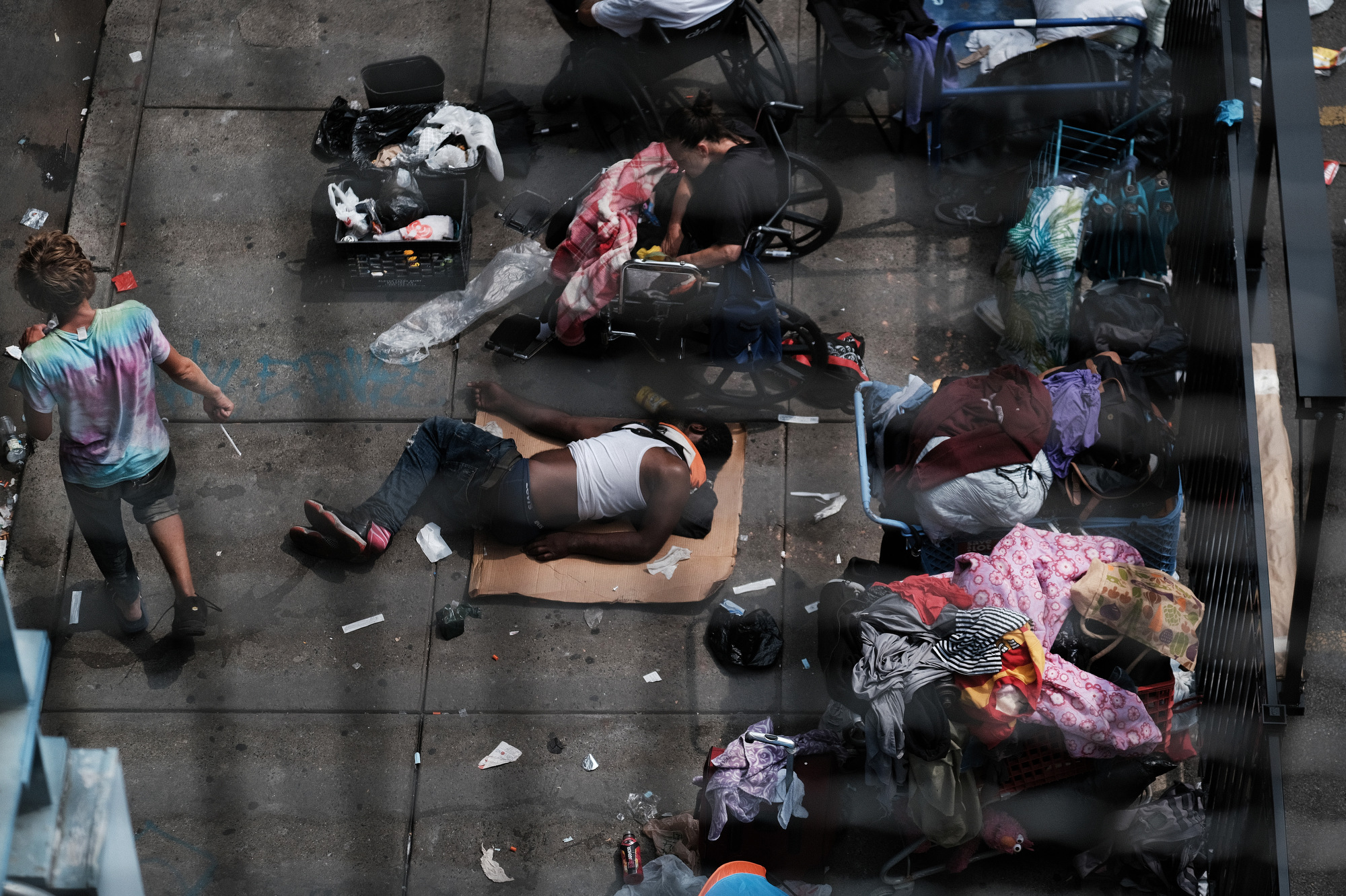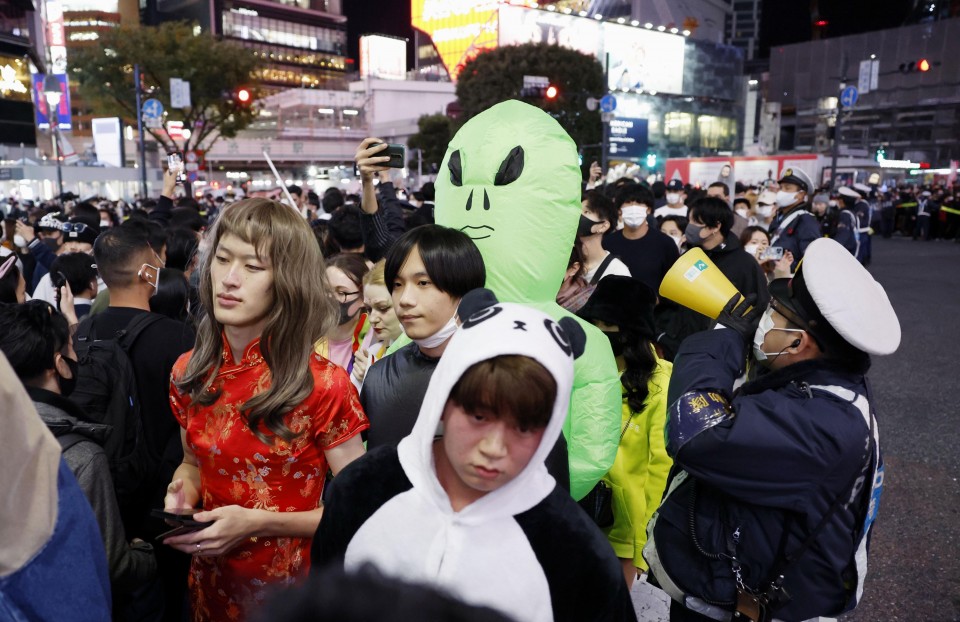Exploiting drug users. Sarah Laurel, a pro in harm reduction, was shocked when a guy walked into her place after being in a viral video. She straight up asked him how much cash he got for being in it. The dude was battling addiction, likely using drugs in Philly’s Kensington streets that very morning. His answer? Fifty bucks.
Sarah chuckled, saying that payout was more than the usual. Since 2021, Kensington’s been the hotspot for a dodgy sedative called “tranq” or “xylazine.” This stuff turns users into stumbling “zombies” and can mess up their skin real bad.

Deadly Trend
Xylazine’s only meant for animals, not people. And here’s the kicker: it can’t be reversed like opioid effects with Narcan, leading to more deaths. The CDC found a 276% spike in fatal opioid overdoses linked to it between 2019 and mid-2022. Philly, especially, is seeing a surge as it’s mixed with heavy hitters like fentanyl.
But now, there’s a twisted trend cropping up in places where this drug’s hitting hard: “tranq tourism” Social media’s become a creepy stage for this. TikTokers and others film these users in no state to agree to anything. They dig into their lives or ask invasive questions, exploiting their vulnerability. Some creators just swing by, film, and make money off the views.
Savage Exploitation
Sarah Laurel heads Savage Sisters, a nonprofit helping those with substance issues in Kensington. They offer aid, like wound care and supplies. She’s furious about these outsiders profiting from their struggles. Filming vulnerable people on the street and asking them messed-up questions without any follow-up care? Not cool.
Cold Cash and Callous Content
YouTube stars in 2022 raked in around $4,600 a month, thanks to views and ads. TikTok’s not far off. But here’s the kicker: you need at least 10,000 followers to start cashing in. One video, hitting 1.3 million views by “Addiction After Dark,” showed a high woman somewhere in the US. She was struggling and asked for respect, but the comments slammed the exploitative nature of the video.
Other viral clips from Kensington zoom in on messed-up users, tagging them as “zombies” or “junkies.” Faces are rarely blurred, and #Kenzingtonzombies has millions of views. Dr. Geri-Lynn Utter, a psychologist who grew up in Kensington, calls it out as dehumanizing. She’s on the streets monthly, urging people toward treatment.
Misguided Justifications
Creators throw around “raising awareness” as an excuse. They claim it’s the only way to help or shed light on Kensington’s reality. But many, like Mr. Work from Kensington Daily, admit it’s mainly for the money. There’s no way for viewers to support those in the videos.
Tourism. Sarah Laurel knows these folks personally and says they barely make five bucks for a clip. Her message? Don’t just film; bring help and clean up. Listen to what the community needs.
Ethical Dilemma
Jeff, another creator in Kensington, runs Jeff’s High on Life. He thinks filming can be okay if you put resources back into the community. He makes about a grand a month and spends it on care stuff. But he’s heard of creators setting up fundraisers for addicts who never see a cent.
It’s a grim scene, exploiting vulnerable people for clicks and cash. The real need? Not more videos, but real help and genuine support for those battling addiction.



